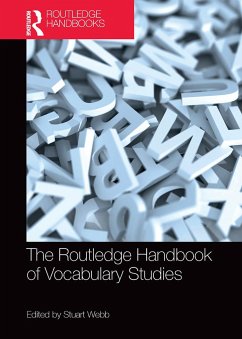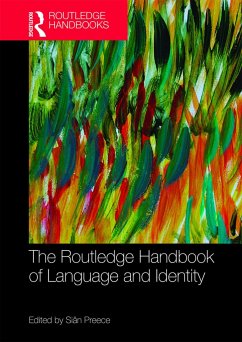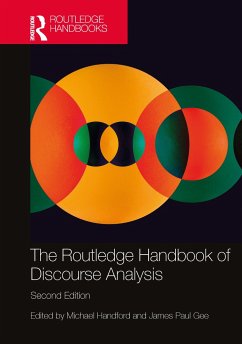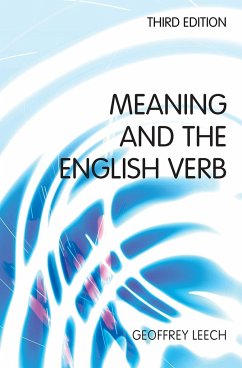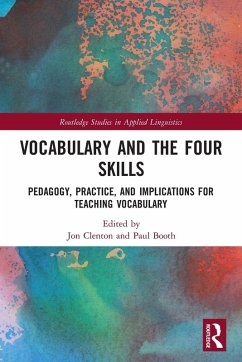
The Routledge Handbook of Vocabulary Studies
Versandkostenfrei!
Versandfertig in 1-2 Wochen
262,99 €
inkl. MwSt.
Weitere Ausgaben:

PAYBACK Punkte
131 °P sammeln!
This handbook provides a cutting-edge survey of current scholarship in this area. Featuring original contributions from an international range of renowned scholars as well as academics at the forefront of innovative research, this is an essential text for those interested in teaching, learning, and researching vocabulary.





